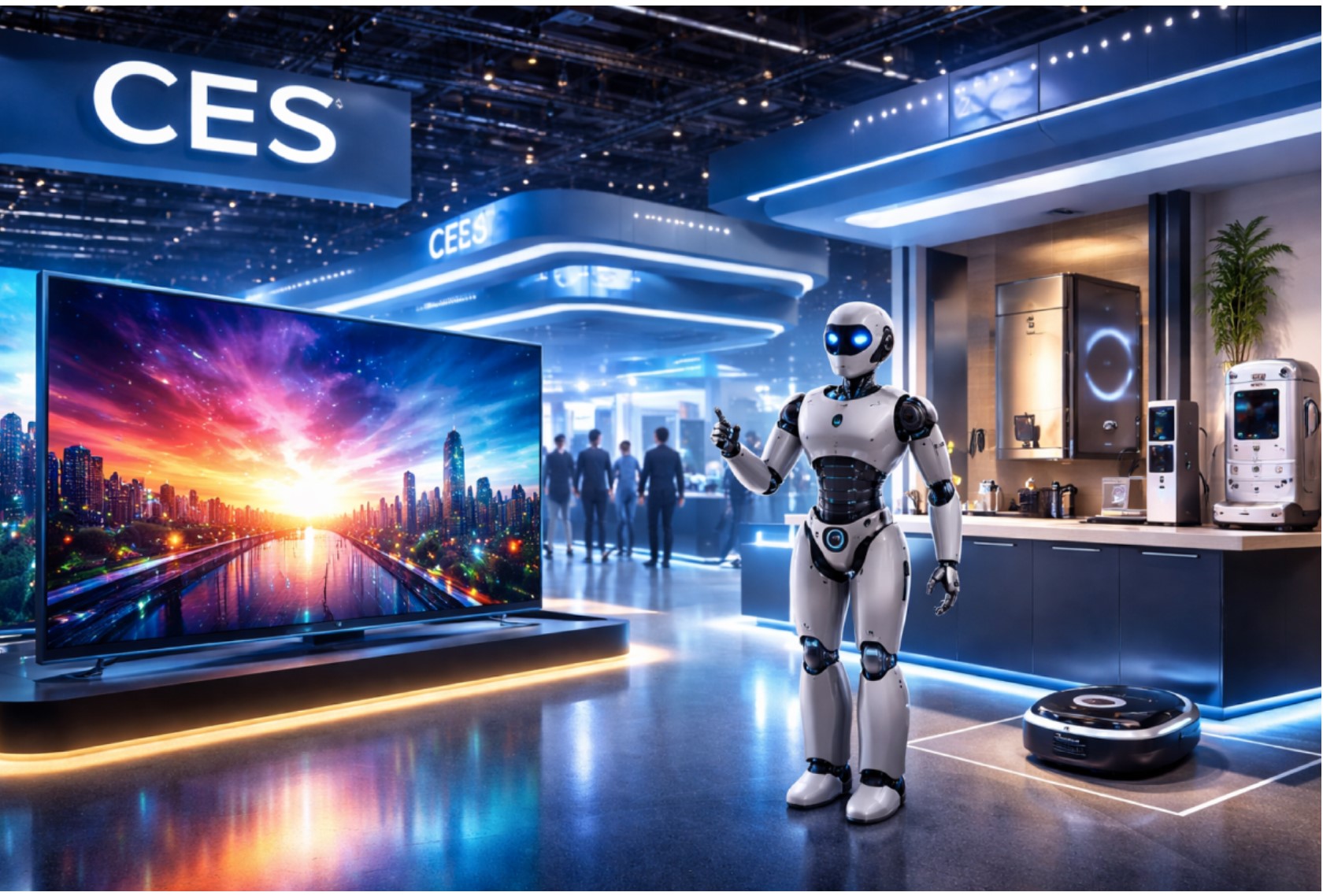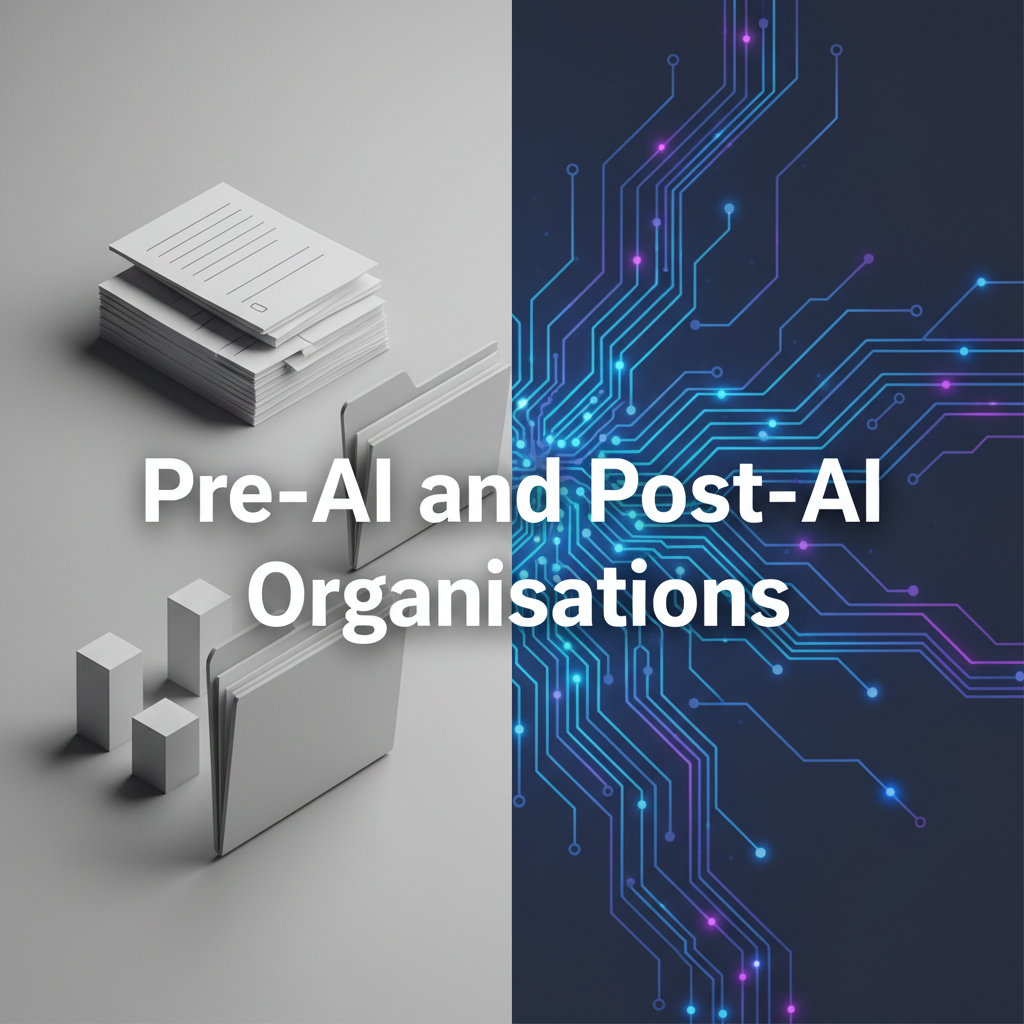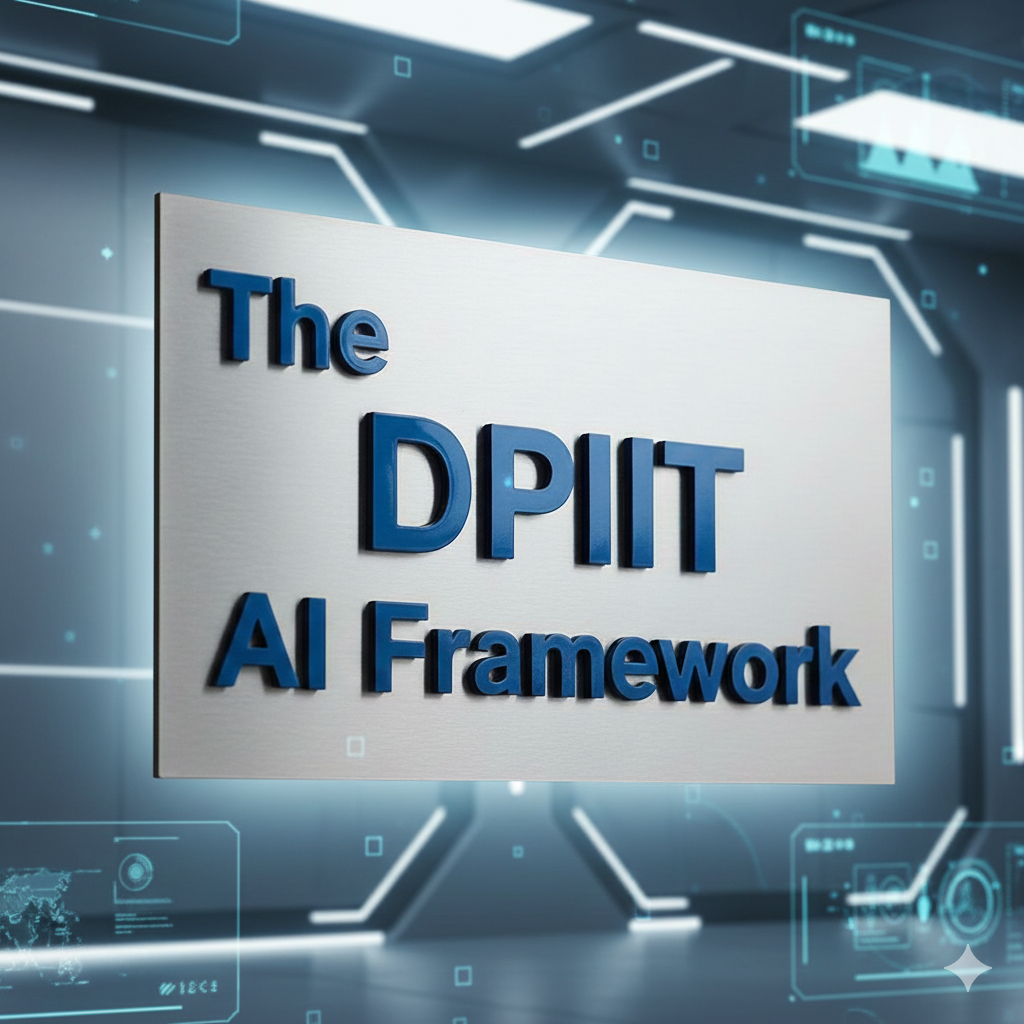In today’s digital landscape, delivering personalized experiences to customers is no longer just a nice-to-have – it is a necessity. Artificial Intelligence (AI) for marketing is at the forefront of this revolution, enabling marketers to provide hyper-personalized, real-time experiences at scale. By leveraging AI for marketing, brands can enhance personalization in marketing, delivering tailored experiences that resonate with each customer.
7 Smart Ways to Implement AI for Marketing and Drive Personalization:
Advanced Data Analytics and Insights
At the core of AI-driven personalization in marketing is its ability to process and analyze vast amounts of data in real-time. AI algorithms can quickly sift through customer data from multiple sources, including browsing history, purchase behavior, and social media interactions. This allows marketers to gain deep, instantaneous insights into individual customer preferences and behaviors. By leveraging machine learning, AI systems can identify complex patterns and trends that would be impossible for humans to detect manually. This deep understanding enables marketers to create highly targeted and relevant experiences for each customer, enhancing the overall personalization in marketing.
Predictive Analytics and Anticipatory Marketing
One of the most powerful capabilities of AI for marketing in personalization is predictive analytics. By analyzing historical data and current behavior, AI can anticipate customer needs and preferences before they even express them. This allows marketers to proactively offer personalized recommendations, content, and offers that are likely to resonate with each individual customer. For example, an e-commerce platform might use AI to predict that a customer is likely to be interested in a particular product based on their browsing history and similar customers’ behavior. The platform can then prominently feature this product or offer a personalized discount, increasing the likelihood of a purchase, and enhancing the overall personalization in marketing.
Dynamic Content Customization
AI enables real-time content customization across various digital touchpoints. Websites, emails, and mobile apps can now adapt their content, layout, and messaging in real-time based on individual user behavior and preferences. For instance, a news website might use AI to dynamically adjust its homepage for each visitor, displaying articles that align with their interests based on their reading history and current trending topics. This level of personalization ensures that each user sees the most relevant content, increasing engagement and time spent on the site.
Chatbots and Conversational AI for Marketing
AI-powered chatbots and virtual assistants are revolutionizing customer service and engagement. These intelligent systems can provide personalized responses and recommendations in real-time, 24/7. By analyzing past interactions and current context, chatbots can offer tailored solutions and product suggestions, enhancing the customer experience and driving conversions.
Real-Time Decision Making and Optimisation
AI enables marketers to make split-second decisions to optimize customer experiences. For example, in digital advertising, AI can analyze user behavior and context in real-time to determine the most effective ad placement, content, and timing for each individual. This real-time optimization ensures that marketing efforts are always relevant and effective.
Enhanced Customer Segmentation
While traditional segmentation relies on broad demographic categories, AI allows for micro-segmentation based on highly specific behaviors and preferences. This granular segmentation enables marketers to create hyper-targeted campaigns that speak directly to the unique needs and interests of small, specific customer groups.
Personalized Omnichannel Experiences
AI helps create seamless, personalized experiences across multiple channels. By analyzing customer interactions across various touchpoints – from social media to in-store visits – AI can ensure consistent and relevant messaging regardless of where the customer engages with the brand.
Challenges and Considerations When Implementing AI for Marketing
While AI offers tremendous potential for real-time personalization in marketing, it is important to address challenges such as data privacy concerns and the need for transparency. Marketers must ensure they are using customer data ethically and in compliance with regulations like GDPR. Additionally, there is a delicate balance between personalization in marketing and privacy. Brands need to provide value through personalization without crossing the line into invasiveness, ensuring a positive and respectful customer experience.
How AI for Marketing is Revolutionizing Real-Time Personalization?
AI is transforming real-time personalization in marketing by enabling deeper customer insights, enhancing personalization capabilities, and optimizing marketing efforts in real-time. As AI for marketing technology continues to evolve, we can expect even more innovative ways to create personalized experiences that resonate with customers on an individual level. By leveraging AI for real-time personalization, marketers can create more engaging, relevant, and effective campaigns that drive customer satisfaction, loyalty, and business growth. Moving forward, the brands that successfully harness the power of AI for personalization in marketing will be the ones that thrive in an increasingly competitive digital landscape.










